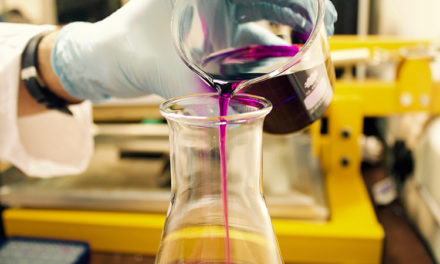For any pharmaceutical firm, building successful teams within the company is essential to achieving long-term goals and improving the overall collective performance of the employees. However, before you can expect any team to develop successfully, it must be led by a manager who is well trained in and understands the dynamics of building a successful team. Hiring a pharmaceutical consultant is one way to train your managers on how to motivate and encourage employees to work together to meet objectives and reach goals. Being clear on the four stages of team building is a fundamental step in any successful team building endeavour.
Forming
During the forming stage, the team is usually coming together for the first time. This can be a stressful stage as the members of the team are often nervous, uncertain of expectations and unfamiliar with the manager in charge of the team. It is the manager’s job at this time to reassure and relax the group and bring them together with a positive, honest and motivating attitude. During this stage, the rules and roles of team members are established and the goals and objectives defined.
Storming
This second stage of team building is quite aptly named as this is the stage that may create some stormy waters that the team will have to navigate. Perhaps roles and rules that were defined in the forming stage were interpreted quite differently by team members, resulting in unexpected conflicts and disagreements. The manager will have to readdress the issues and make sure that all team members are on the same page.
Norming
This third stage of team building is often referred to as the calm after the storm. Issues and misunderstandings have been cleared up and hopefully, everyone is ready to work together and move forward. Individuals within the team are now better acquainted with one another and feel more confident within the group. As a result of this confidence, team members are more accepting of the input and ideas of other members and conflicts are handled within the previously established ground rules.
Performing
In a well-built team, the performing stage begins the real process of meeting goals and making progress. Team members have taken ownership of combined objectives and are ready to provide their individual values to the team’s efforts. Sharing of ideas and experiences, and open communications move the team along during this stage. Members begin to grow and develop within the process and take pride in the accomplishments of the team as a whole.
If you enjoyed this article, please feel free to post it to your site or blog and forward this link to your friends. Have a great day!





